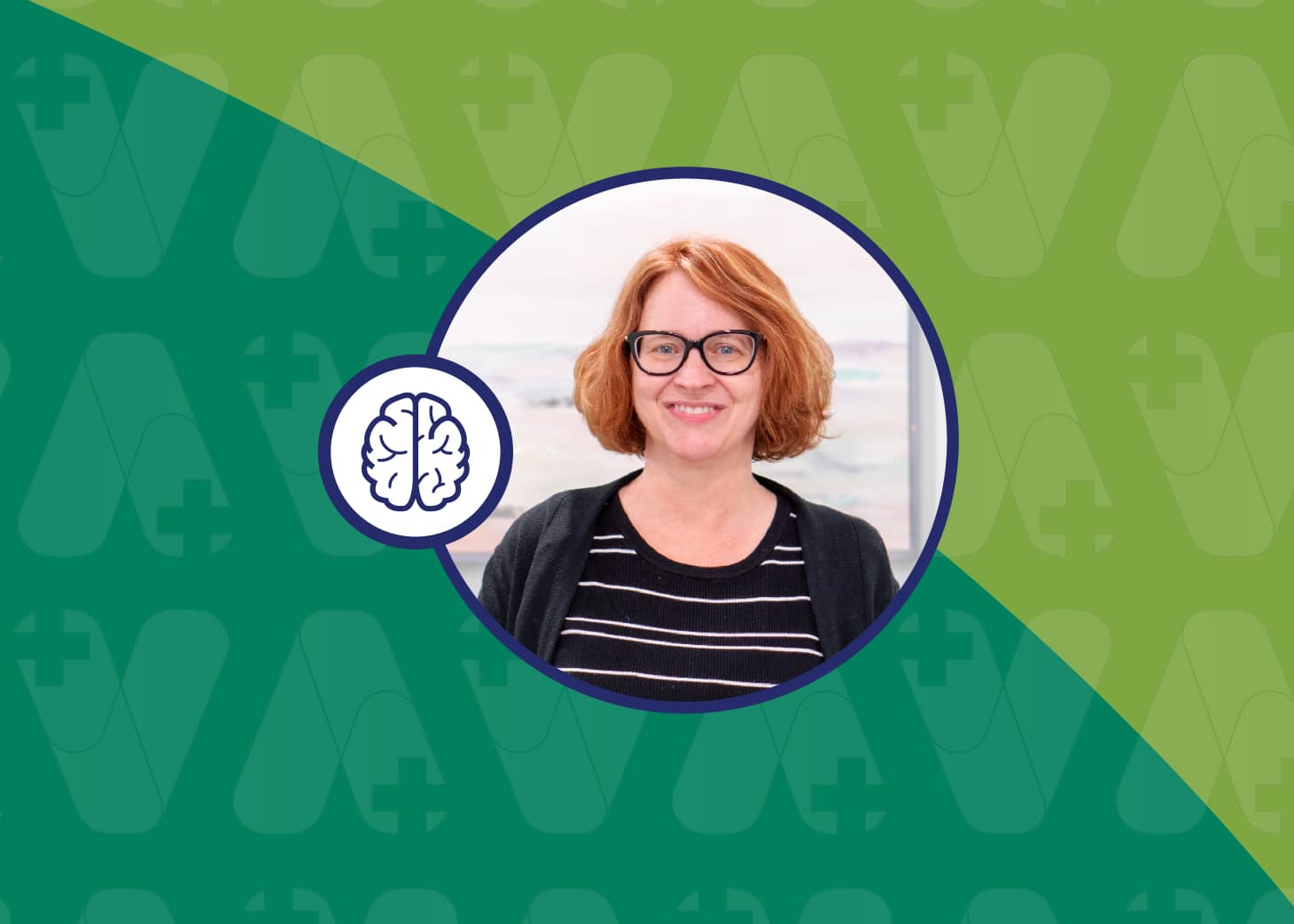Feeling sick during your stay at the Delaware Beaches? Atracare provides $195 walk-in urgent care with no insurance needed. Fast, reliable, and all-inclusive.
How to Support Children in Their Grief
Angela is a licensed clinical social worker at Atracare

In working with grief and loss for most of my career, I have learned so much from people in their last days. I have learned what is essential and what to let go of. Working with children in grief, I realized that kids show strength and resiliency more than I ever could have imagined. In honor of Mental Health Awareness month, here is what I have learned about childhood grief and the best ways to support children.
Early on in my career with Hospice, I was called in the day after Christmas to visit two young boys whose father had died on Christmas Day. I was to support these young boys with their grief. I felt utterly unprepared, and as much as I hate to admit it, I tried to get out of the visit. I had no idea what to say to these young boys. My supervisor was not tolerating my hesitancy and told me, “It would be good for me” to go. Upon arriving at the house, I was ushered by the children’s grandmother into a room with a Christmas tree and presents. The boys came in and proceeded to sit on the floor with me. They shared presents their Dad gave them (The father gave them presents early, knowing he could be gone before Christmas Day). The boys shared with me how wonderful their father was and all he did for them and others in the community. It was a beautiful display of love within a devastating loss. After leaving that day, I realized that grief and loss do not just tear us down but build us up with the love we experience and the time that we share. At eight and ten years old, these boys were the strongest people I had ever met.
Over the years, I have worked with many children after the death of their loved ones (parents, siblings, etc.). COVID-19 has been particularly brutal these past few years. These years have taught me how to support and listen to children who need help processing their grief. I have also learned what NOT to say to children in grief. Here is a small list of things that, although they may seem helpful, usually aren’t:
- Your loved one is an “angel” because someone else needed them (God needed them, etc.).
I often hear this well-meaning remark, but it creates confusion and anger in young children. Children don’t understand why their loved one was taken from them to be “needed” somewhere else.
- At least you had (fill in the blank) good years with your loved one.
I hear this often said both to children and adults. It doesn’t matter how many years you had with your loved one, whether eight or fifty years, it never seems enough. I worked with a beautiful eight-year-old boy years ago after his father died in front of him due to a massive heart attack. A mourner at the funeral remarked, “At least you had eight good years with Dad.” I thought his mother was going to explode. These remarks are best left unsaid.
- “You will get over it,” or “You will forget eventually.”
There are limited times I ever heard an individual feel comforted by this sentiment. As anyone knows who has experienced a significant loss of a loved one, life changes after a loss, but you never forget. I have spoken to hundreds of people, kids, and adults, who think there is “something wrong with them” because they miss their loved ones and experience grief years after the loss. Grief is different for everyone, and loss is something we have after we have loved. It becomes less painful over time, and we can carry love and memories in our journey. Grief is never “wrong”; it is a response we have as loving, caring people. If you are unsure of what to say when you are supporting someone in grief, it may be better not to say anything. Sitting with someone in grief and listening is a gift for someone who has experienced loss.
Want to learn more about supporting someone through their grieving process? Contact Angela and other therapists at Atracare Mental Health at 302-268-8720.
0 New comments